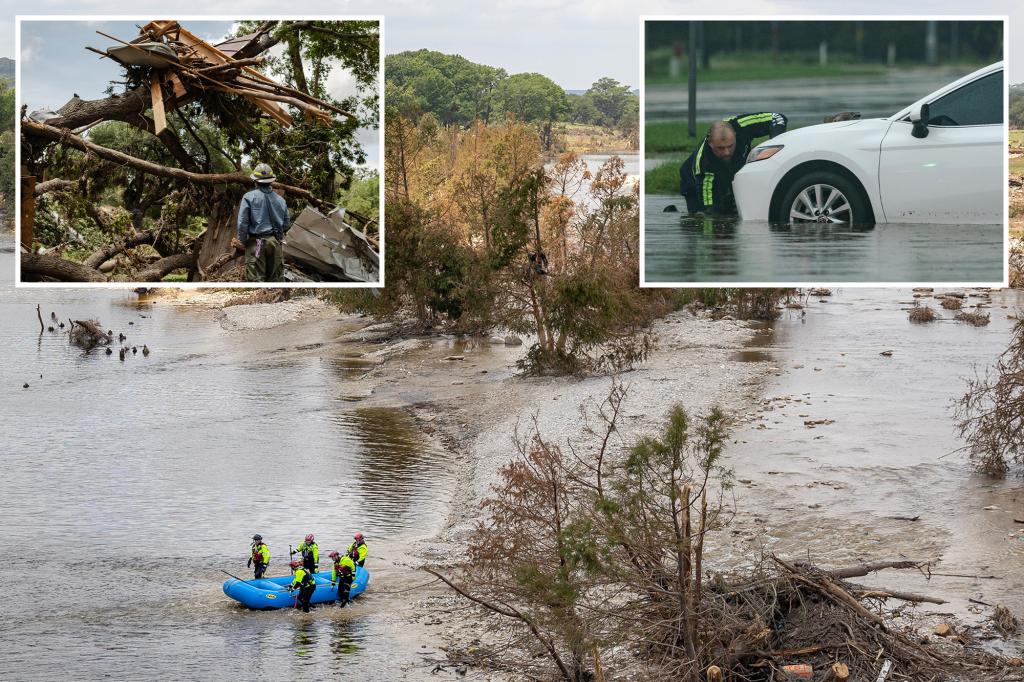Rising Concern Over Youth Mental Health: A Call for Action
Amid escalating reports of mental health issues among adolescents, a recent study highlights the urgent need for comprehensive mental health support in schools. Conducted by the National Institute of Mental Health, the research reveals that nearly 1 in 5 adolescents aged 13-18 experience severe mental disorders, emphasizing the importance of proactive measures in safeguarding the emotional well-being of young people.
The State of Youth Mental Health
The findings, published in September 2023, shed light on a troubling trend. According to the study, anxiety and depression rates among teenagers have surged by over 40% since 2019. This increase correlates with the rise of social media usage, academic pressures, and the lingering effects of the COVID-19 pandemic, which have collectively contributed to a decline in mental health.
Dr. Emily Carter, a clinical psychologist specializing in adolescent health, notes, “The landscape of teenage life has drastically changed. Social media, while connecting us, can also isolate young people and amplify feelings of inadequacy. Schools must adapt to this new reality.”
Factors Contributing to Declining Mental Health
Several factors have been identified as significant contributors to the decline in mental health among youth:
- Social Media Influence: A study from the Pew Research Center indicates that 95% of teens have access to a smartphone, with 45% stating they are online almost constantly. This constant connectivity can lead to cyberbullying, comparison culture, and unrealistic expectations.
- Academic Pressure: The increasing emphasis on academic performance can lead to stress and anxiety. According to a survey by the American Psychological Association, 83% of teens report feeling overwhelmed by schoolwork.
- Post-Pandemic Effects: The disruption caused by the COVID-19 pandemic has left lasting impacts on mental health. Many teenagers experienced isolation and loss, leading to heightened feelings of anxiety and depression.
School Responses and Initiatives
In response to this growing crisis, many schools are implementing mental health programs aimed at providing support and resources for students. Initiatives such as the “Mental Health First Aid” training for teachers are becoming more common, equipping educators with the skills to recognize and address mental health issues.
Principal Sarah Thompson of Lincoln High School states, “Our goal is to create a supportive environment where students feel safe to express their struggles. We’re not just educating them academically; we’re also prioritizing their mental health.”
Additionally, some districts are increasing access to on-site counselors and mental health professionals. A report from the National Association of School Psychologists indicates that schools with dedicated mental health resources see a 20% reduction in student referrals for behavioral issues.
Expert Opinions on the Future of Youth Mental Health
Experts agree that while the current situation is concerning, proactive steps can lead to significant improvements. Dr. Mark Lewis, a psychiatrist and advocate for youth mental health, emphasizes, “The future of our youth depends on our ability to respond effectively to their mental health needs. We must invest in resources, training, and awareness to foster resilience in our children.”
Furthermore, collaboration between parents, educators, and mental health professionals is critical. Engaging parents in conversations about mental health can help reduce stigma and encourage adolescents to seek help when needed.
Looking Ahead: The Path to Better Mental Health
As awareness of youth mental health continues to grow, several key strategies can help address the crisis:
- Increased Funding: Schools and communities must advocate for increased funding for mental health programs, ensuring resources are available for training and support.
- Comprehensive Curriculum: Integrating mental health education into the school curriculum can empower students with knowledge and coping strategies.
- Parent and Community Involvement: Engaging parents and local communities can help create a supportive network for adolescents, reinforcing the importance of mental health.
In conclusion, the rising rates of mental health issues among youth underscore the urgent need for systemic change. By prioritizing mental health support in schools and fostering open conversations, society can help mitigate the crisis. As Dr. Carter aptly puts it, “We have the opportunity to reshape the narrative around mental health for our youth. Let’s not waste it.”
As we move forward, it is imperative for stakeholders—educators, parents, and policymakers—to unite in this mission. Together, we can create an environment where young people feel supported and empowered to thrive.
If you or someone you know is struggling with mental health issues, seek support from professionals or trusted individuals. Taking the first step can lead to the help and resources needed to navigate these challenges.



